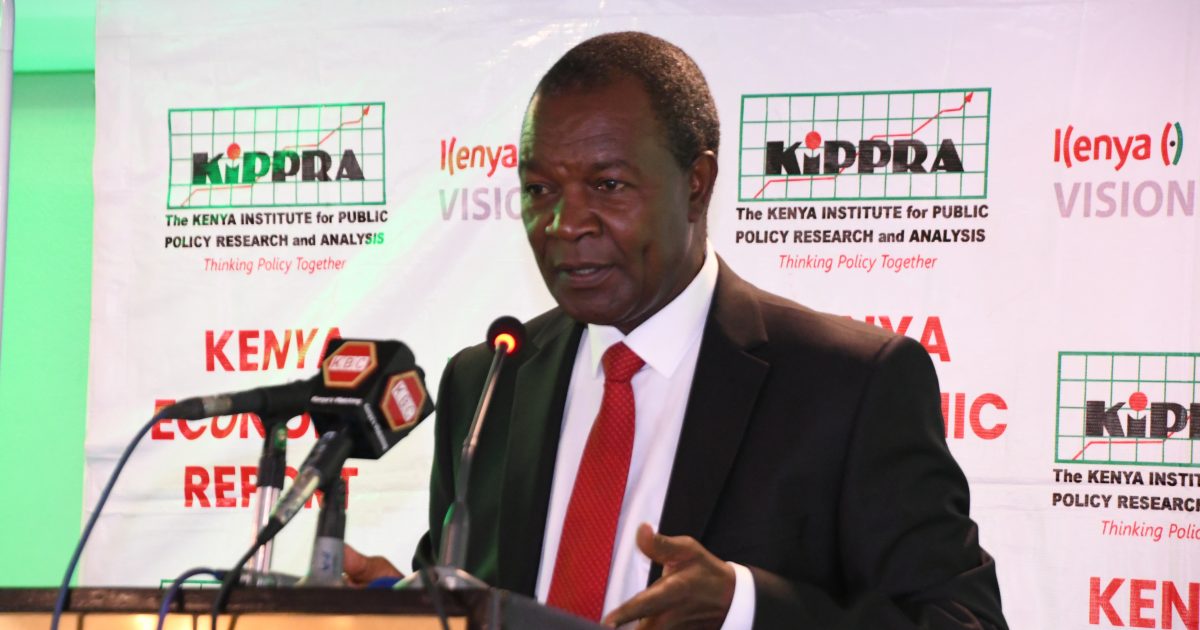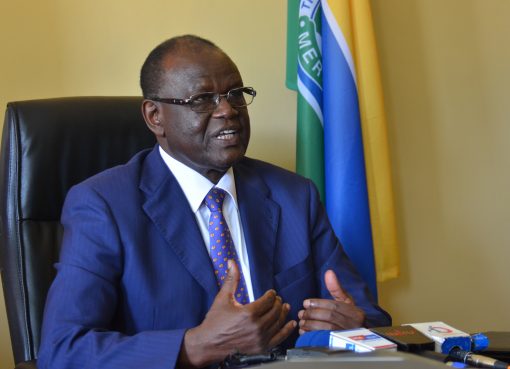Good governance is a prerequisite for sustainable development, for there exists a positive relationship between good governance and equitable economic growth and development.
The National Treasury and Economic Planning CS Prof. Njuguna Ndung’u, in a speech read on his behalf by the National Treasury and Economic Planning PS James Muhati Friday, during the launch of the Kenya National Governance Report and presentation of the County Peer Review Mechanism (CPRM) panel of eminent persons in Nairobi, said good governance is critical in order to forestall unnecessary and disruptive conflicts which can occur in African countries, owing to the ethnic diversity of the nation-states and the attendant multiplicity of competing interests.
The African Union launched the initiative in 2017, when it decided to expand the mandate of the Africa Peer Review Mechanism (APRM) to comprise monitoring and reporting on all key aspects of governance, including tracking implementation of the African Union Agenda 2063 and the United Nations Sustainable Development Goals (SDGs).
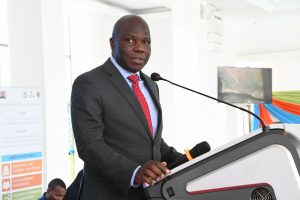
The APRM developed the inaugural continental governance report, Africa Governance Report 2019, which was launched in February 2019. APRM then encouraged individual member states to produce their own national governance reports, whose findings would be aggregated into a continental report.
The CS said national governance reports, serve as a national barometer of governance status in all AU Member States, based primarily on national realities, country innovation, and homegrown solutions, noting that the absence of objectivity and real data by external institutions, which have been assessing governance on the African Continent, has arguably been a major challenge in evaluating the state of governance for many African countries.
Prof. Ndung’u highlighted that Africa has the capacity and means to perform her own assessment by utilising locally generated data and information, adding that Kenya is honoured to have been selected to pilot the implementation of the NGR framework.
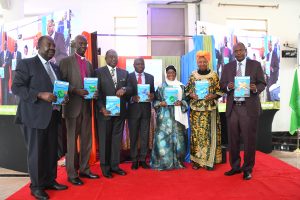
This selection reflects the continent’s confidence in Kenya’s governance reforms and practices, as well as its appreciation of Kenya’s continued commitment to implementing the Agenda 2063 in the area of governance.
“Kenya has consistently strived to improve internally, resulting in a plethora of best practices that can be replicated in other jurisdictions.
The adoption of Kenya’s new Constitution in August 2010 is unquestionably a notable milestone and a watershed moment in this regard. This social contract, hailed as one of the most liberal in the world, was the product of a meticulous, citizen-centric, and participatory process,” he said.
The CS elaborated that for each of the key governance challenges identified as impeding social-economic and political progress in Kenya, an independent governance institution was established to ensure objective treatment of any emerging issue that could otherwise be a source of conflict between the state, its citizens, and non-state actors, as well as among private citizens and entities.
Subsequently, the intervening constitutional commissions seek to address potentially divisive land questions, gender and equality concerns, administrative justice issues, cohesion and integration, and corruption.
He added that the institutions, coupled with an independent judiciary and legislature at the national and county levels, form critical pillars of a stable democracy, which allows focus on economic endeavours to improve livelihoods all around.
“For instance, in Kenya, President Dr. William Ruto has reiterated the government’s commitment to promoting national values and principles of good governance as outlined in Article 10 of the Kenyan Constitution. These governance principles are in tandem with those of the African Union,” said Prof. Ndung’u.
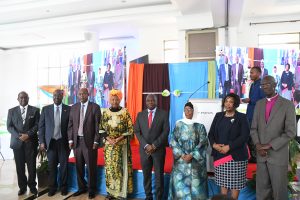
The CS commended the presentation of the County Peer Review Mechanism (CPRM) Panel of Eminent Persons, who were selected owing to their exemplary track record in serving Kenyans in various capacities over the years.
He reiterated that the panel will enhance the integrity, credibility, and objectivity of the county peer reviews so that the reports can truly reflect reality on the ground and serve as a solid foundation for policy decisions and actions significantly contributing to improved service delivery performance.
Meanwhile, Kenya is the first country to cascade the peer-reviewed governance approach to the sub-national level.
In this context, it is expected that the panel will diligently embark on its task and ensure that the CPRM National Summit takes place before the end of the year so that the President is able to report back to his peers at the AU Summit early next year.
By Joseph Kamolo and Ian Chepkuto


